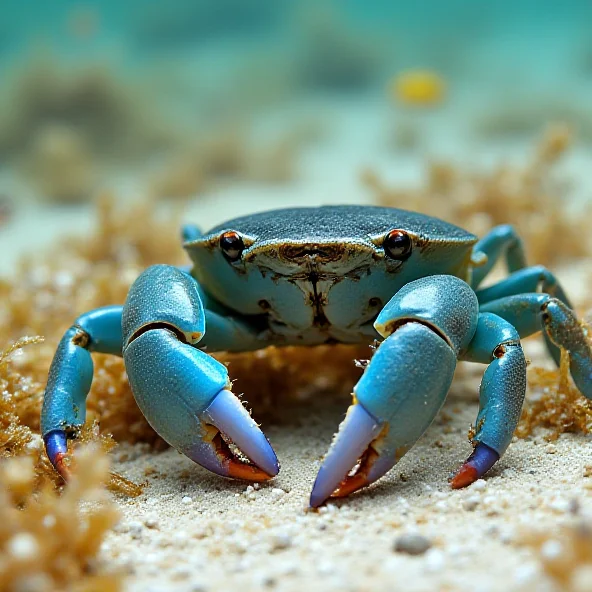This week in science brings a mix of challenges and investigations. From potential research misconduct to the tangible effects of climate change on ancient cities, and the disruption of marine ecosystems, here's a look at some of the top stories.
Researcher Under Investigation for Retracted Articles
The Federal Institute of Goiano (IF Goiano) in Brazil has launched a preliminary summary investigation (IPS) into researcher Guilherme Malafaia. The investigation stems from concerns that Malafaia submitted false reviews in articles published in the journal Science of the Total Environment (Stoten), which is published by Elsevier. This is a serious matter, as the integrity of scientific research is paramount.
To date, Elsevier has retracted a staggering 44 articles where Malafaia is listed as the corresponding author. The investigation aims to determine the extent of the alleged misconduct and its impact on the scientific community. This case highlights the importance of rigorous peer review and ethical conduct in research.

Alexandria Faces the Rising Tide
The ancient city of Alexandria, Egypt, a treasure trove of history spanning 2,300 years, is facing an existential threat. Scientists are warning that rising sea levels, driven by climate change, are causing the city to gradually disappear. This is not just a loss for Egypt, but for the world, as Alexandria holds immense cultural and historical significance.
The rising sea threatens to inundate coastal areas, damage historical sites, and displace communities. "The situation is dire," says Dr. Ahmed El-Sayed, a climatologist studying the region. "Without significant action to mitigate climate change and implement coastal defenses, Alexandria's future is uncertain."

Invasive Crab Threatens the Adriatic Sea
Meanwhile, in Europe, the Adriatic Sea is battling a different kind of threat: an invasive species. The blue crab (Callinestes sapidus), native to the Atlantic coast of the Americas, is rapidly spreading throughout the Adriatic, wreaking havoc on the delicate ecological balance. This aggressive predator is decimating native species, disrupting food chains, and impacting local fisheries.
Experts are closely monitoring the situation and working to involve the local community in efforts to control the crab's spread and protect the Adriatic's sensitive ecosystems. "Community involvement is crucial," explains marine biologist Isabella Rossi. "We need everyone to be aware of the issue and help us track the crab's movements and mitigate its impact."

These stories highlight the diverse challenges facing the scientific community and the world at large. From maintaining research integrity to addressing climate change and managing invasive species, science plays a crucial role in understanding and mitigating these threats.
And finally, on a more philosophical note, just like a living being has tissues and organs, society has structures that provide it with resilience and allow it to adapt to changes and evolve. This analogy reminds us of the interconnectedness and complexity of the systems we live within.
